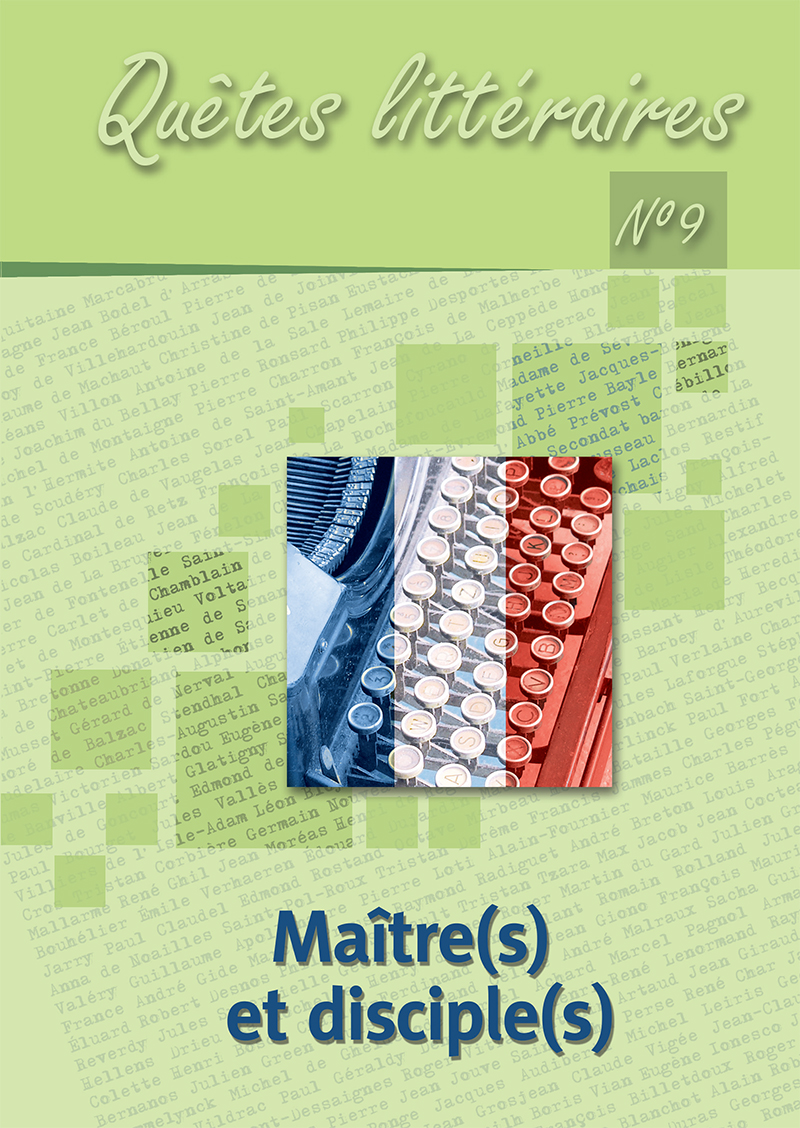Penser par soi-même ou la question du maître vue par les encyclopédistes et par Kant
To think by oneself or the question of the master in the Encyclopedie of Diderot and d’Alembert and in Kant
Author(s): Véronique Le RuSubject(s): Language and Literature Studies, Literary Texts, Studies of Literature, Comparative Study of Literature, French Literature, Theory of Literature
Published by: Katolicki Uniwersytet Lubelski Jana Pawła II, Instytut Filologii Romańskiej & Wydawnictwo Werset
Keywords: Encyclopedists; education; thinking for oneself; Jean Le Rond d’Alembert; Denis Diderot; Emmanuel Kant
Summary/Abstract: How does the Encyclopedists’ watchword ‘to think for oneself’ relate to the question of education, which could be formulated as: does man need a master? As soon as the Encyclopedists ask the question, they propose a new way of thinking about the two meanings which can be given to the notion of master: dominus (“the lord”), and magister (“the teacher”). The lord has authority thanks to his status as a land owner or castle owner, the teacher is in a position of power by virtue of his knowledge and education. The Encyclopedists’ answer to the question concerning education will be compared to that given by Kant, and the meaning the Encyclopedists assign to the expression ‘to think for oneself’ will also be juxtaposed with Kant’s interpretation. In this way, the correlation between education and ‘thinking for oneself’ observed by both Kant and the Encyclopedists will be demonstrated.
Journal: Quêtes littéraires
- Issue Year: 2019
- Issue No: 9
- Page Range: 32-43
- Page Count: 12
- Language: French

